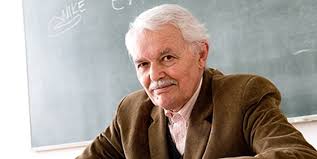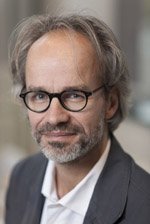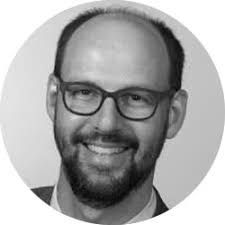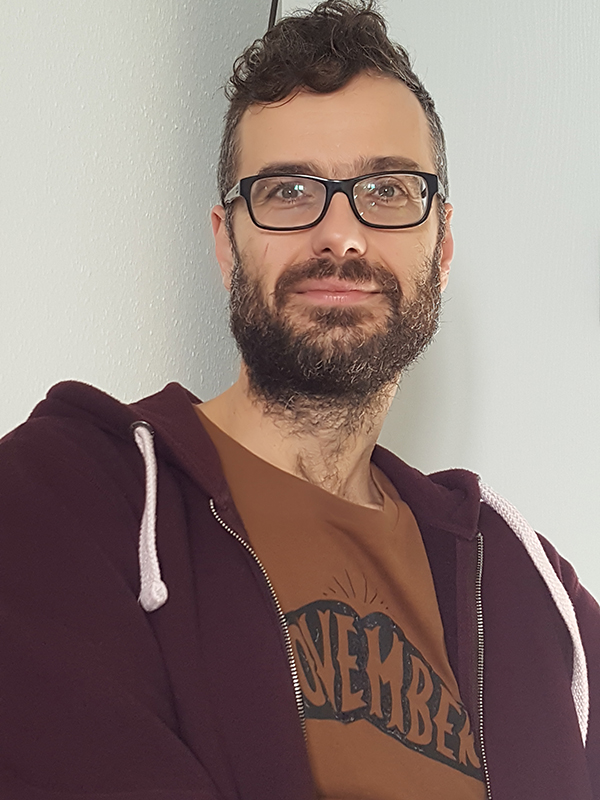
Keynote speakers

Bertalan, Andrásfalvy
Professor Emeritus, University of Pécs
Prof. Dr. Bertalan Andrásfalvy, Széchenyi Prize-winning ethnographer, Chairman of the Százak Council Foundation, associate member of the Hungarian Academy of Sciences and correspondent member of the Hungarian Academy of Arts, Hungarian Minister of Culture and Public Education after the Hungarian political transformation. In addition to his folk poetry, folk dance and folk art research, he also pays particular attention to the role of traditional lifestyles in living with the environment. In his works, he analyzes the folk farming, floodplain farming and living together with the environment along peasant literacy. His work has been marked by a number of honors and awards. Between 1960 and 1976 Bertalan Andrásfalvy was working as a research fellow at DTI.

Arjan van Timmeren
Professor, Technical University of Delft, Amsterdam Institute for Advanced Metropolitan Solution
Arjan van Timmeren (The Netherlands, 1969) is full professor at Delft University of Technology (TU Delft), Faculty of Architecture and the Built Environment, Department of Urbanism, chair ‘Environmental Technology & Design’. Besides of this he is also Scientific Director of the joint initiative by TUD (Delft), MIT (Boston) and WUR (Wageningen) ‘AMS Institute’ (Institute for ‘Advanced Metropolitan Solutions’), in Amsterdam.
Over the years his work has focused on the integration of the concept of sustainable development in the field of architecture, urbanism and building technology in both practice and academia, with lately emphasis on Resilience, Urban Metabolism, Circular Economy and Smart cities, and -citizens.

Marit H. Heller
Norwegian University of Life Sciences
has a background in environmental economics from the Norwegian University of Life Sciences. In her work with the PhD thesis she analysed how different institutional settings influenced individuals motivation and behaviour in relation to sorting household waste. She has a special interest for exploring different kinds of theoretical perspectives when studying a social phenomenon, with an emphasis on the relational approach as an alternative to the individualistic or holistic. At present she works with marine issues at the Norwegian Research Council and she has also experience from working in the Norwegian Ministry of Fisheries and Coastal Affairs.

Dr. Marcin Dąbrowski
Delft University of Technology
is an assistant professor at the Chair of Spatial Planning and Strategy in the Department of Urbanism, Faculty of Architecture and the Built Environment, Delft University of Technology. Before coming to Delft, he worked at the University of Vienna and at the European Policies Research Centre, University of Strathclyde, conducting research on (EU) regional and urban policies, with a focus on multi-level governance issues. He published widely on EU Cohesion Policy, including its impacts on spatial planning practices in Central and Eastern Europe, and continues research on this policy (H2020 COHESIFY, ESPON ‘Financial Instruments and Territorial Cohesion’). His research interest, however, span across several topics related to the governance of territory, from regional strategies for circular economy (H2020 REPAiR), or energy transition, Europeanisation of spatial planning systems (ESPON COMPASS), to urban climate change adaptation policies.

Andreas Obersteg
HafenCity University, Hamburg
Andreas Obersteg graduated in economic and social geography with minor subjects in spatial planning, regional development and business administration at Technical University Munich and University Tours (France). He worked in a consultancy and planning office and in research institutions in Vienna, Munich and Hamburg (ISR, TUM, LMU and TUHH). Currently he is a research associate at HafenCity University Hamburg, where his research is comprised of several projects on city-regional development and governance and on urban-rural partnerships.

István, Pomázi
PhD, Ministry for National Economy; Vice-President of Environment Policy Committee (EPOC) OECD
Dr. István POMÁZI was born in 1954 in Budapest. He qualified originally as secondary school teacher in geography, later he obtained PhD degree in earth science. He habilitated at the Eötvös Lóránd University in 2008 in environment policy, and 2012 at the same university he obtained honorary university professor title.
He worked in the period between 1987 and 2010 at the Department for Environment Protection, he is currently the chief professional advisor of the Ministry for National Economy. His fields of professional interests are the analysis of international (OECD and EU) and domestic environment policy, strategic planning, the evaluation of environment policy efficiency and performance, and the examination of environmental indicators. He has published more than 20 scientific volumes as author and editor, and more than 200 publications in Hungarian and foreign languages. In the periods of 1997-2000, 2007-2010 and 2015-2017 he was the vice president of the OECD’s Environment Policy Committee, since 2001 almost 15 years long the vice president of the OECD’s Working Party on Environmental Performance. In the period 2001-2010 he was member of the board of directors of the Regional Environmental Centre for Central and Eastern Europe (REC).

Henning Wilts
Wuppertal Institute for Climate, Environment and Energy
Dr. Henning Wilts is Head of Research on Circular Economy and Resource Efficiency at the Wuppertal Institute for Climate, Environment and Energy. He coordinates several research projects on transition processes towards a circular economy, waste prevention and resource efficiency policies and is also responsible for the contributions of the Wuppertal Institute to the European Topic Center on Waste and Materials in a Green Economy.

Zoltán, Grünhut
Research Fellow, Transdanubian Department, IRS CERS HAS
Zoltan Grunhut is a research fellow at Centre for Economic and Regional Studies of the Hungarian Academy of Sciences. He has a background in political science; he got post-doc scholarships, among others, from the Hungarian Government’s National Excellence Programme, from the Hungarian Science Academy, and from the National Research, Development and Innovation Office of Hungary. He did post-doc studies in Israel at the Democracy Institute (Jerusalem), and in Turkey at the Centre for Black Sea and Central Asia of the Middle East Technical University (Ankara). His research interests are focusing on the topic of sociocultural and sociomoral values, norms, customs, and attitudes.

Ákos, Bodor
Research Fellow, Transdanubian Department, IRS CERS HAS
Ákos Bodor is a research fellow at Centre for Economic and Regional Studies of the Hungarian Science Academy. He is sociologist. His research interests are the different elements of the so-called “social capital”.

Cecília, Mezei
Research Fellow, Transdanubian Department, IRS CERS HAS
is a researcher at Centre for Economic and Regional Studies of the Hungarian Academy of Sciences and an assistant professor at the University of Kaposvár. She is an economist who has PhD degree in Regional Science. Her research areas were concentrated on the local and regional development approaches and practices, territorial governance solutions, regional development processes, institutions and tools of European countries. Her teaching activities covers theory and practice of spatial planning, European regional and cohesion policy, public finance and local and regional economic development practice. Nowadays her most important research projects deal with the circular economy (H2020 REPAiR) and the local resource-based decision-making and planning processes.
